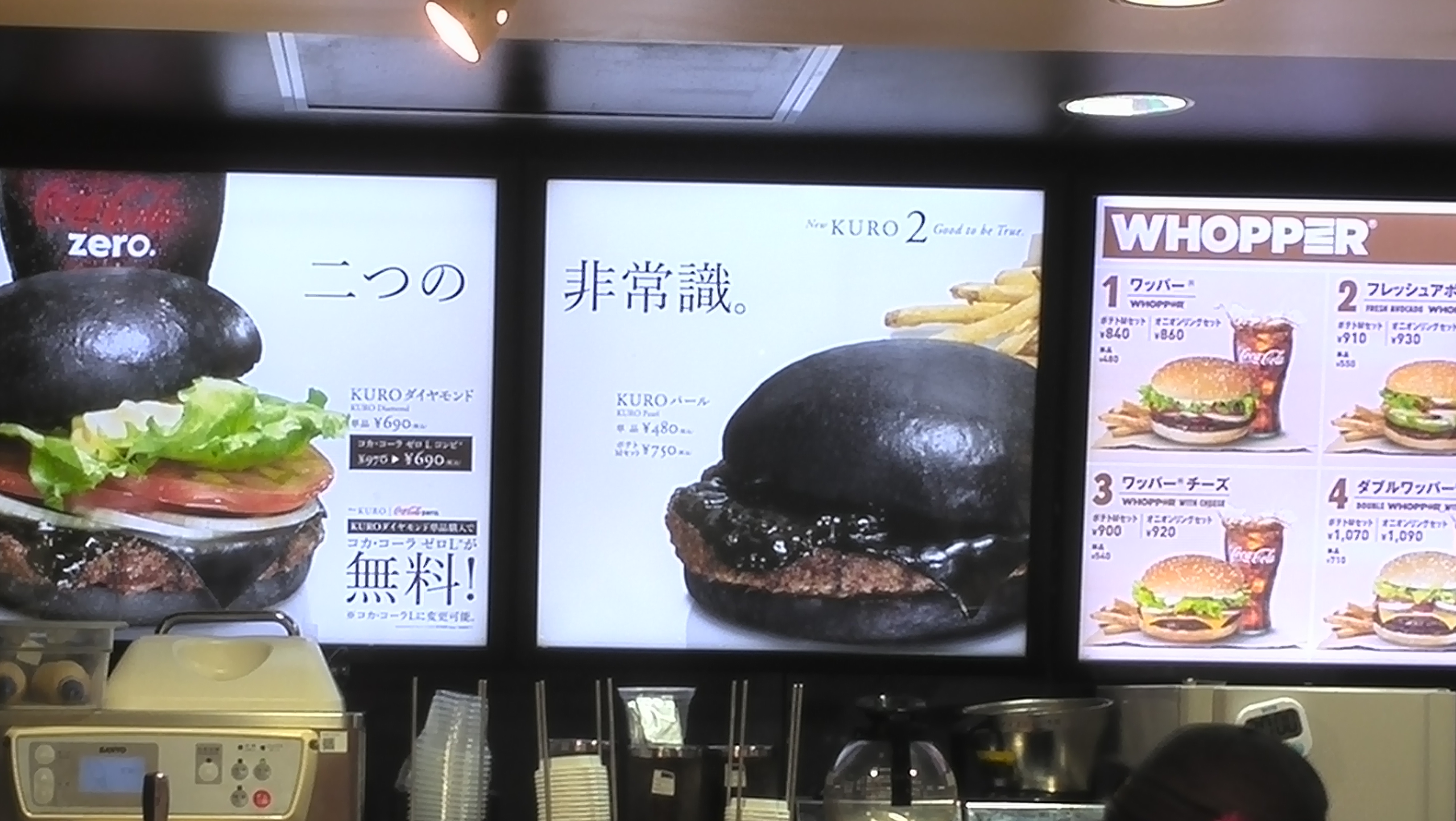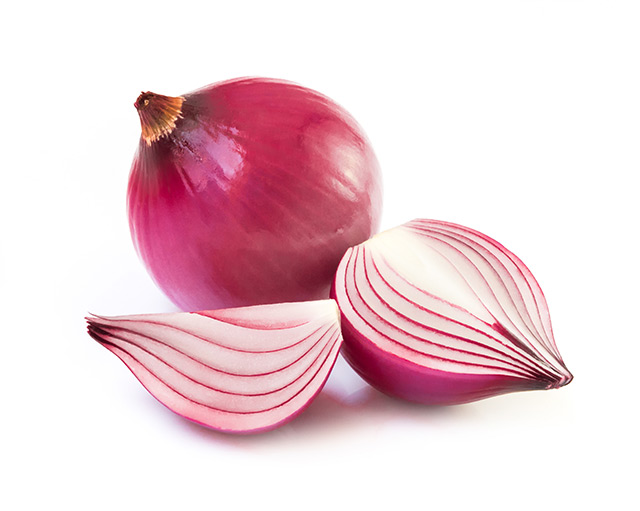Beating The Ads: How To Take Conscious Control Of What You Eat
03/31/2016 / By Michael Bundrant

It amazingly difficult to get trustworthy information in a world that is geared towards you buying whatever the biggest seller is offering. The ability to pull oneself out of that (even to have the desire and wherewithal to want to do that) is a truly admirable feat.
Eating is as vital to our survival as breathing and it should hold that central place in our lives in both deed and act. Food has been made so accessible that many people do not think about where it is coming from or even how it is getting to them.
Many people seeking to practice mindful eating fall back into the world of ads and politics because it is very difficult. Here are some tips to aid people who are trying to become conscious eaters. Doing these things will help give you a fighting chance of breaking through our paradigm.
The first and most critical thing to acknowledge is that food is a fundamental part of ourselves and as such it will have a very deep psychological influence. Our mental state often and easily changes the way we make food decisions.
There is a reason fast food places use reds, yellow, and oranges after all. As such, we can follow a little protocol that will help us make saner food choices. Whenever we are about to access food (such a fridge or restaurant menu), check in with yourself and access whether or not you are actually hungry—this should take a minute.
Now that you have done so, take another moment to see if you are feeling a negative emotion. Many eating disorders start because people are feeling angry, lonely, or tired. These negative emotions will never ultimately be resolved by food. That is a misdirected use of a cue from our bodies.
Instead, take the harder and braver step of confronting the need these negative emotions belie—do not feel bad if you eat a few times instead of confronting the underlying emotion. It is strength enough that you can acknowledge the psychological mechanisms.
Sit down for all your meals. You should be seated every time that you have a meal. This will also reduce your amount of snacks. Snacks are a great opportunity to sneak in food that we know can be harmful to our bodies in a seemingly benign way (by decoupling it from a meal and making it seem like “not a big deal”).
When we divide our day into discrete sitting meals, we bring an awareness and force a reckoning that we can otherwise glide past. It helps to bring mindfulness to the table with you. In this way, you will eat slower while enjoying your meal more.
One of the reasons people overeat is because the message from your stomach to your brain saying you are satiated is delayed. This made evolutionary sense when we were in an environment where the next meal time was uncertain but that is not the case any more.
When you are chewing, put your utensils down or your food down and really chew. You would be surprised what a powerful shift this causes in the way that we eat. As you take away the means to your next bite, your mind is left to sit on the food we are eating now. This naturally makes us begin to enjoy the process of eating.
These quick checklists and practices will see us, over time, drastically change the state of our relationship with foods. As we slow down and honor the food that we consume, we will be able to taste the authenticity (or not) in it. This will naturally compel us to make healthier choices for our bodies and the effect is ultimately that we will become conscious eaters.
At that point, regardless of how many ads we are bombarded with, our body will not let us suffer ourselves another synthetic meal.
For more mindfulness advice, follow Mindfulness Advice on Facebook.
Tagged Under: advertisements, weight loss




















